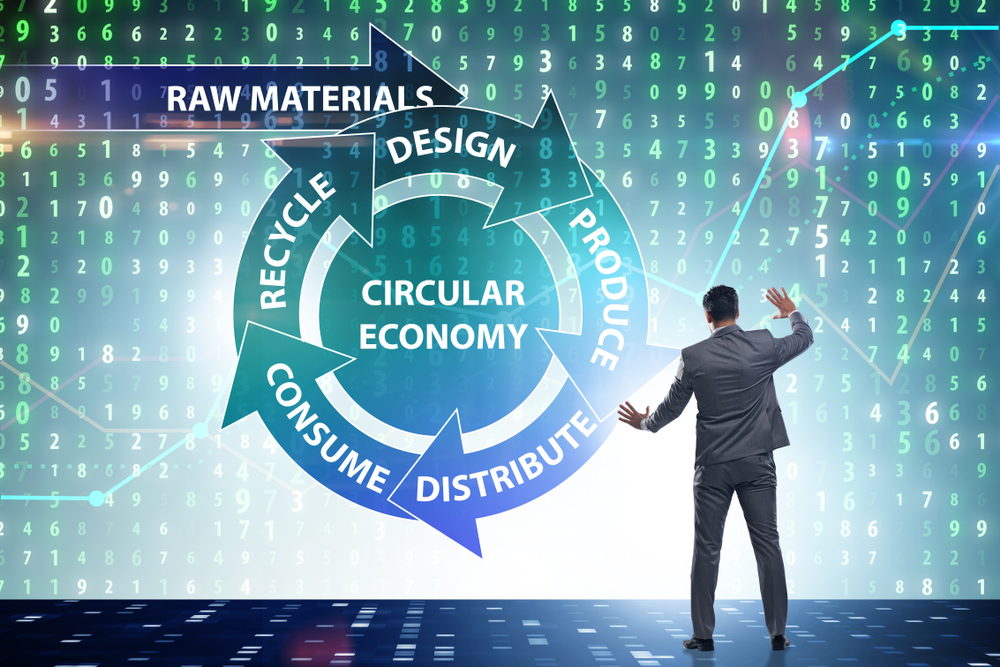The circular economy is one which has sustainability as its focus. Within a circular economy, products and raw materials are designed and selected with issues such as reusability, recyclability, repairability and reduction of waste as priorities.
The oil, gas and petrochemical industries play key roles in the growth of the world’s economies. However, there is huge disparity between how these resources are utilised in developed and developing nations.
There is therefore a clear need for these industries in particular to abandon the traditional linear economy and adopt a more circular approach if global energy consumption is to remain sustainable even as the population grows.
Marcel Kooter has worked for many years in the oil industry and has a keen interest in working on solutions to make the best use of the world’s natural resources in a sustainable fashion without compromising on the requirement for energy production. The PDF attachment looks at some of the sustainability measures that are being or are about to be implemented within several major companies in the oil and gas industry.
Upstream Recycling and Reuse
Recycling and reusing are two of the key tenets of the sustainable circular economy. In the upstream oil and gas sector, there are many possibilities for broader adoption of recycling and reusing in order to promote a more sustainable future. Steel is widely used in the production of equipment and tools within this sector, which opens up many opportunities for reducing waste through recycling.
Companies are already working towards increasing the rate of recycling where offshore facilities are decommissioned, removing any equipment or materials that can be recycled rather than causing waste. In some cases, artificial reefs are being created from appropriate parts of the substructure. Some of the key benefits to the environment of artificial reef construction can be found in the embedded short video.
Companies are also implementing smarter strategies regarding the reuse or recycling of the chemicals and fluids used in drilling and introducing equipment such as heat exchangers for cogeneration plans to conserve energy use.
Waste Water
The oil and gas industry annually produces waste water to the tune of several billion barrels. This water is mainly brine, which can damage the natural environment if not disposed of properly. However, there is the potential for high-demand, valuable minerals to be extracted from this brine and used by other industries. Once the minerals have been extracted, the water can then be treated and either disposed of safely or used for other types of operation. Disposal where possible to the original formation can also help to increase recovery, maintain pressure in reservoirs and eliminate the negative impact on the environment.
The Refining Sector
The refining sector also has many opportunities to increase sustainability, particularly in the areas of chemicals, catalysts and waste water. Methods need to be developed by refiners for the recycling and recovering of spent chemicals and catalysts if the future of the energy industry is to be sustainable.
Spent heat and steam can also be better utilised in the refining sector to generate power and conserve energy, with the potential to not only meet the energy needs of the refinery but also to export excess energy to the grid. The procurement strategy of the refining industry now needs to prioritise circular and sustainable approaches within companies and when sourcing suppliers.
Reducing waste is one of the main aspects of a successful circular economy, which is much needed if we are to see a sustainable future. In the infographic attachment you can view some of the current statistics for global waste production.

